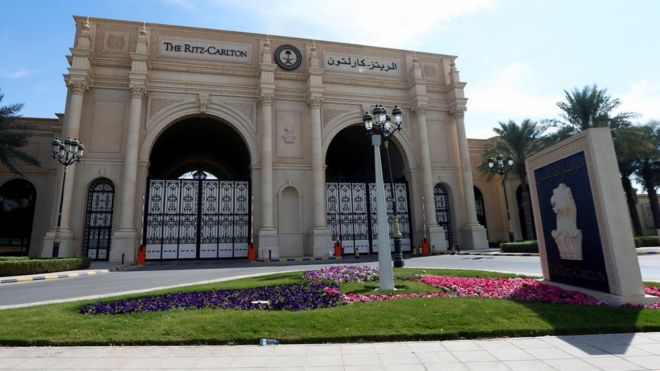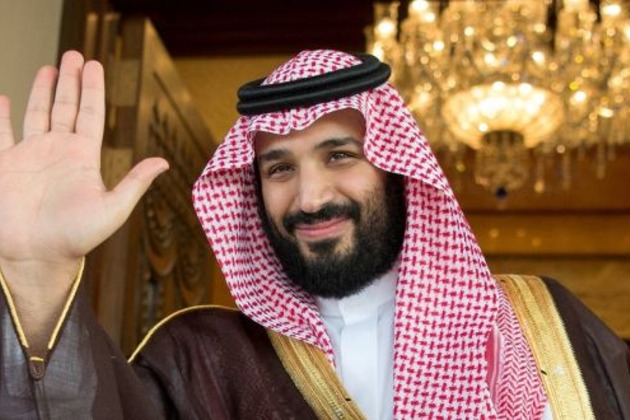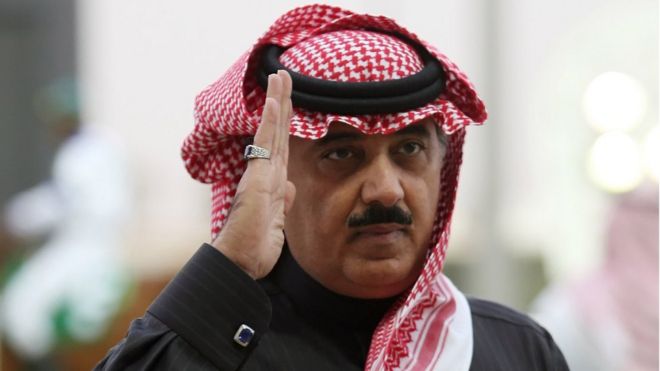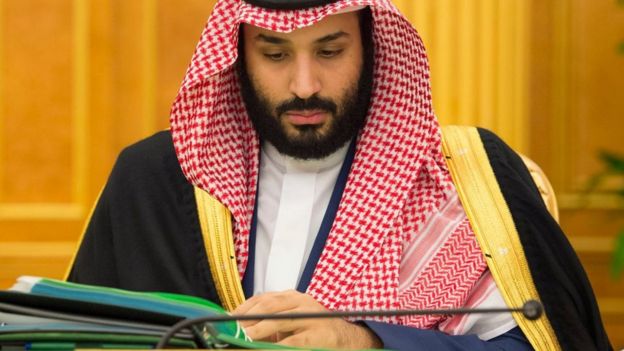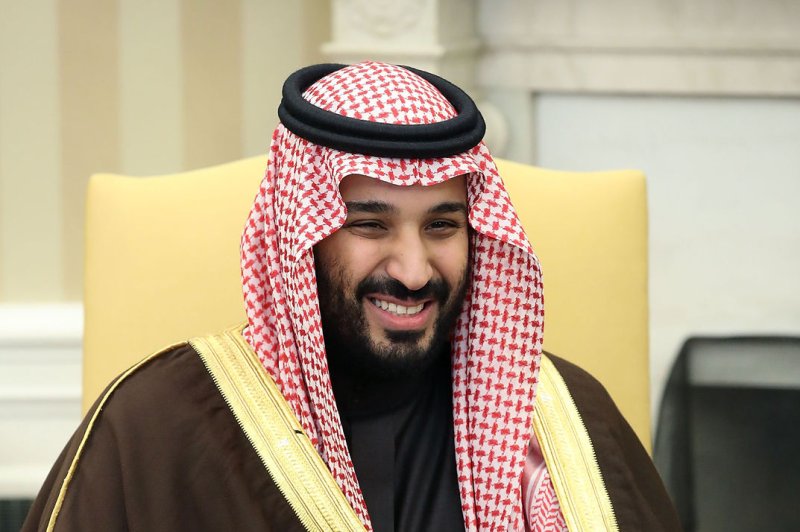Disir
Platinum Member
- Sep 30, 2011
- 28,003
- 9,610
- 910
The succession of the House of Saud is in doubt after 80-year-old King Salman is reported to be preparing the way for his son, rather than his nephew Prince Mohammed bin Nayef, his designated successor.
A report by the Gulf Institute, based in Washington claims that King Salman, who has previously been hospitalised for dementia, could install his 30-year-old son as the country's monarch. It has caused consternation among US officials who fear it could spark instability in the Middle East but also caused resentment from Mohammed bin Nayef, who was set to succeed to the throne.
"Things are tense and there is something afoot," a US diplomatic source said in a Sunday Times report. "We've been told to expect changes in the summer and there has been a very concerted effort to project the image of Prince Mohammed [bin Salman] and push him forward.
Saudi Arabia: Succession of Crown Prince Mohammed bin Salman could destabilise Middle East
I give it five to ten more years and there won't be a Saudi Arabia as we know it.
A report by the Gulf Institute, based in Washington claims that King Salman, who has previously been hospitalised for dementia, could install his 30-year-old son as the country's monarch. It has caused consternation among US officials who fear it could spark instability in the Middle East but also caused resentment from Mohammed bin Nayef, who was set to succeed to the throne.
"Things are tense and there is something afoot," a US diplomatic source said in a Sunday Times report. "We've been told to expect changes in the summer and there has been a very concerted effort to project the image of Prince Mohammed [bin Salman] and push him forward.
Saudi Arabia: Succession of Crown Prince Mohammed bin Salman could destabilise Middle East
I give it five to ten more years and there won't be a Saudi Arabia as we know it.

